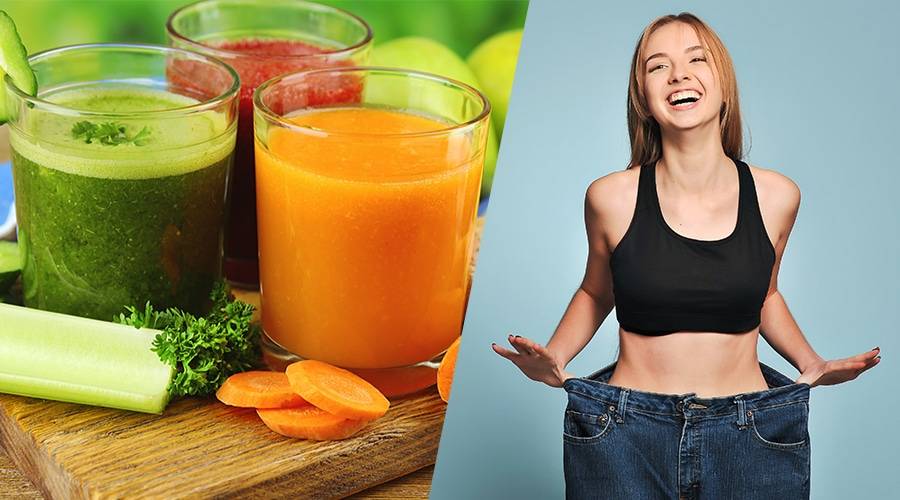
Can Juice help you Lose Weight? Learn Everything About It
Can Juice help you Lose Weight? Learn Everything About It
Without having to consume full fruits and veggies, juicing is a simple way to acquire enough nutrients. It’s been hailed as an effective weight loss technique by many. The popularity of the juicing diet fad has grown over time, however there remains debate over its efficacy. This post will help you gain insights regarding this topic. Continue reading to learn more. If you want the best diet for weight loss, visit Dr Spages. He offers the best solutions for chronic diseases including the Best diabetes solutions.
Juicing involves removing the particles from fruits and vegetables and extracting the juice. You can use a motor-driven juicer or do this by hand. Skin, seeds, or pulp are removed from the juice of fruits and vegetables. While it does have certain minerals and antioxidants, it lacks the healthy fibre found in entire fruits and vegetables. Juicing is occasionally used as a “detox” technique. Juice replacement does not, however, detoxify the body according to any scientific study.
What are Juice diets and how does it affect you?
Juice diets come in a variety of kinds. The most typical kind is a juice fast, where people substitute freshly juiced fruits and vegetables for meals. The goal is to consume a considerable amount of nutrients from the juice while losing weight by avoiding solid food. These diets typically have relatively few calories. Juice fasts can last anywhere from a few days to several weeks for some people. Juice diets are popular, but there hasn’t been much research on their ability to help people lose weight quickly.
Diets based on Juice may Significantly lower calorie intake.
You must keep your calorie intake below your calories burned in order to lose weight.
Numerous juice diets are extremely low in calories and lack real food. For many people, this causes a significant calorie deficit, hence juice diets frequently result in weight loss, at least in the near term. You will probably gain some, if not all, of the weight you lost while on the juice diet once your calorie intake returns to normal.
Juice diets don’t fill you up.
Juice-only diets don’t include any solid foods, therefore you can experience increased hunger while on this kind of diet.
This is due to the fact that liquid meals, particularly those that are strong in carbohydrates, are not as full as solid foods. Since they contain fibre and protein, two vital nutrients with appetite-controlling qualities, solid foods are more fulfilling. Since fibre may prolong digestion and slow down stomach emptying, it can lower hunger. Protein, on the other hand, raises the levels of hormones that indicate fullness, which are crucial for controlling hunger.
Health Risks associated with Juicing
If you consume juice for only a few days at a time, it is usually safe. Additionally, as long as you genuinely like them and don’t consume excessive amounts of juices with added sugar, fresh fruit and vegetable juices are a fantastic addition to a healthy diet.
Insufficient Fibre
Although whole fruits and vegetables are great sources of fibre, juicing removes the majority of the fibre. A diet rich in fibre is crucial for good health. Consuming enough of it maintains the health of the good bacteria in your stomach and may help some people avoid constipation, making it crucial for optimal digestion. Additionally, it might lessen your risk of obesity, diabetes, and heart disease.






